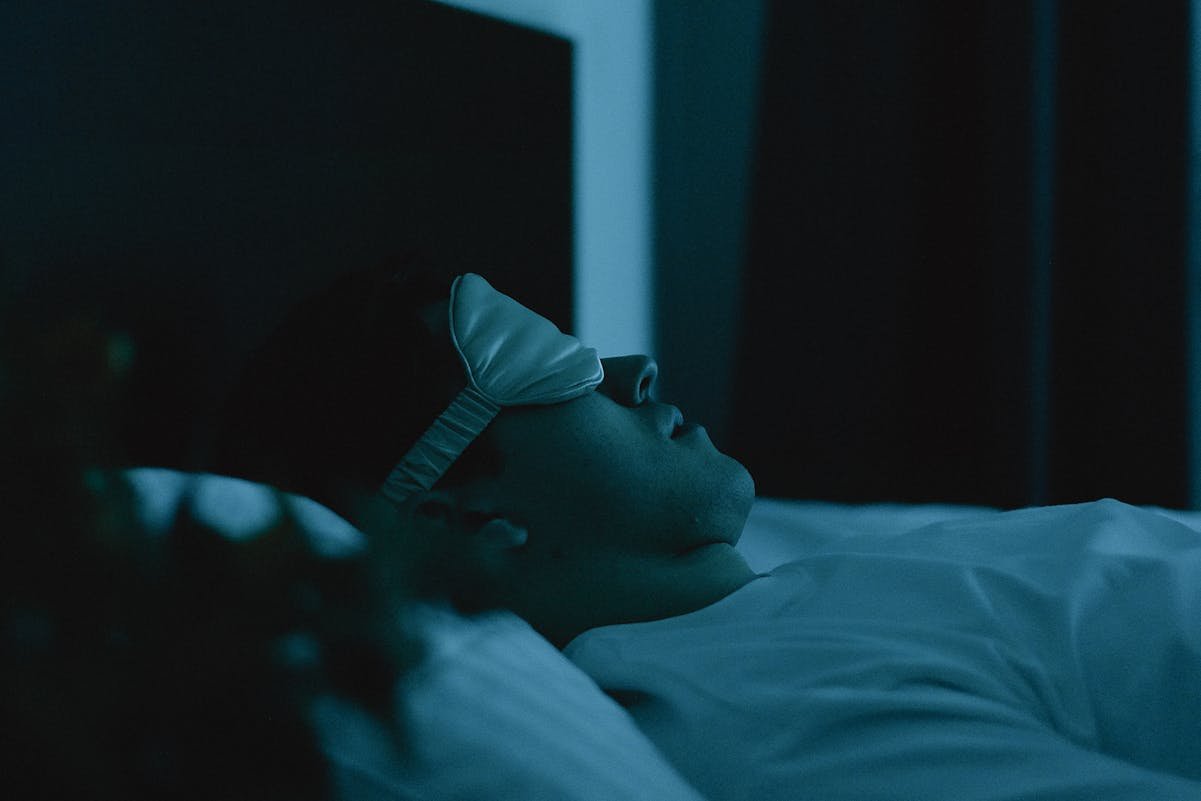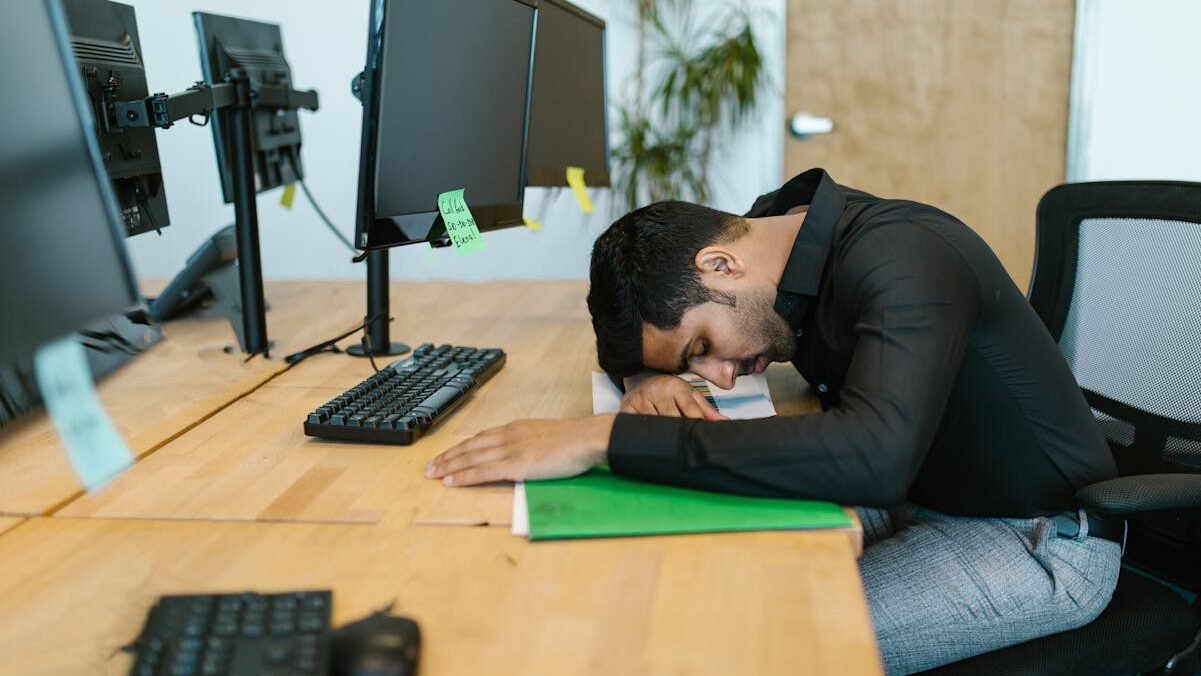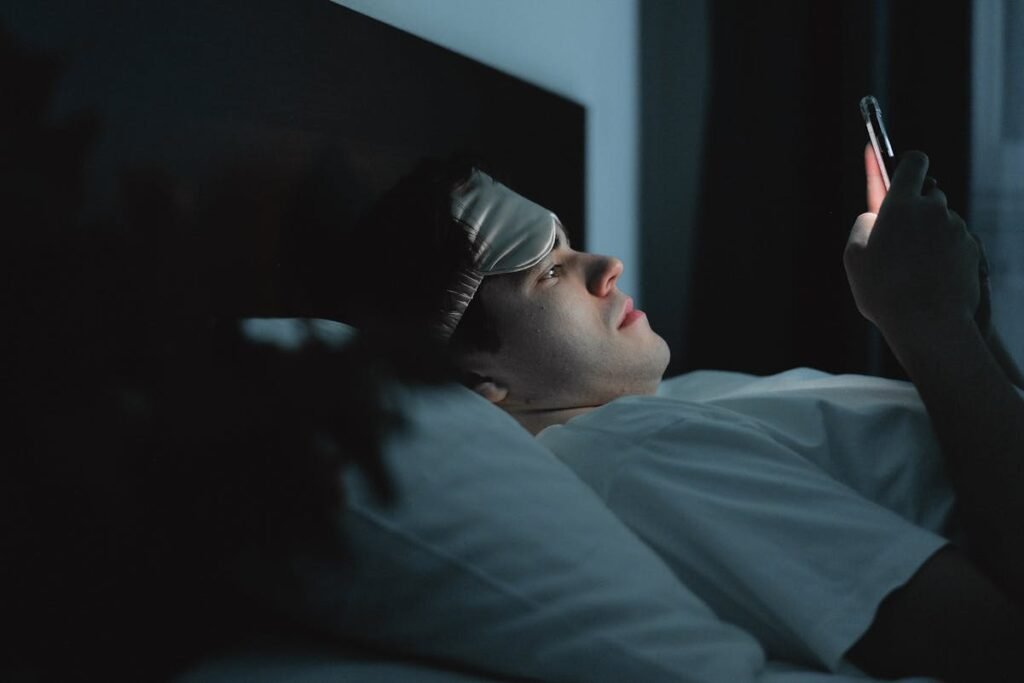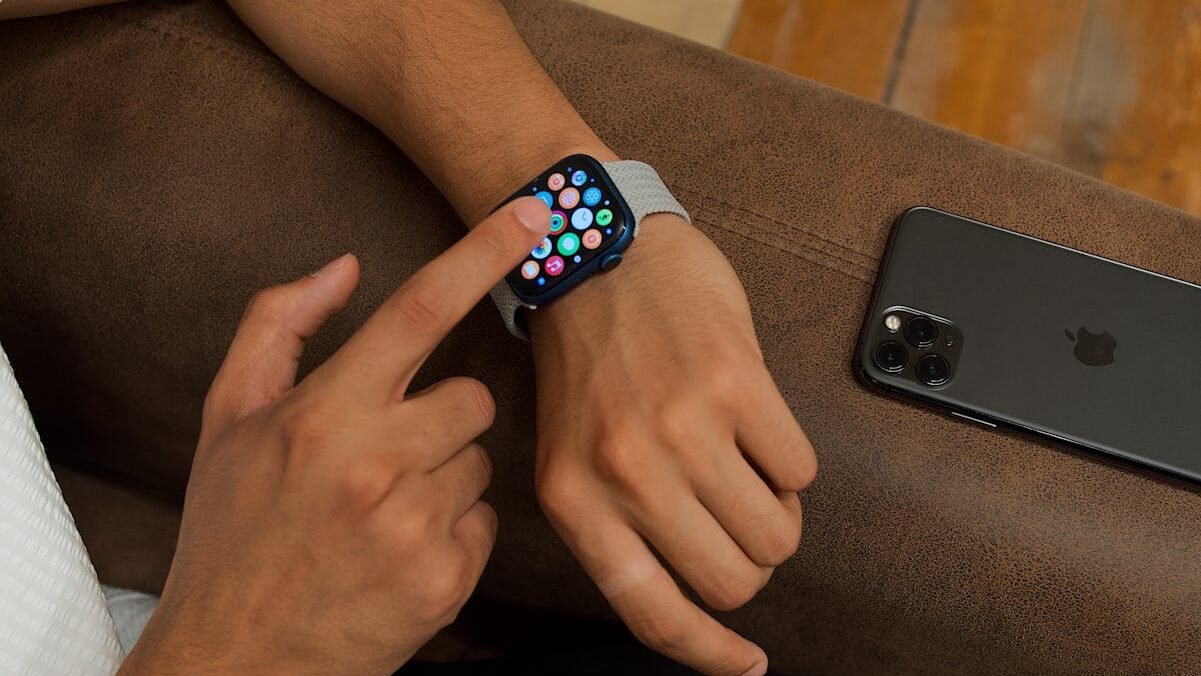Struggling to fall asleep or stay asleep? These natural tips helped me fix my sleep schedule, fall asleep faster, and finally wake up feeling rested.
Why Sleep Quality Matters More Than You Think
Let me guess — you’re tired of being tired.
I’ve been there too. Waking up feeling like I just lost a boxing match in my dreams… and somehow still not remembering who won. The truth is, poor sleep doesn’t just make you groggy — it messes with your mood, focus, hormones, and even your ability to burn fat.
After years of trying to figure out how to sleep better at night, I’ve discovered some simple, science-backed habits that actually work. No fluff. Just real results.
Table of Contents
1. Stick to a Consistent Sleep Schedule
One of the biggest sleep hacks? Go to bed and wake up at the same time every day — yes, even on weekends (I know, I know…).
When I started doing this, my body began falling asleep faster and waking up naturally, without alarms. It’s like your brain has an internal clock — and when you stop messing with it, it finally works in your favor.
2. Create a Pre-Bedtime Wind-Down Routine
Trying to sleep without winding down is like slamming the brakes on a moving train — you’re gonna feel the whiplash.
Now, my routine looks like this: dim lights, no screens, a little reading, and some light stretching. It tells my body, “Hey, time to chill.” Over time, this ritual trains your brain to start producing melatonin naturally.
3. Limit Blue Light Exposure in the Evening
Let’s be real — scrolling at 11 PM is modern-day sabotage.
Blue light from phones, tablets, and laptops suppresses melatonin (aka your sleep hormone). I use blue light filters or glasses and avoid screens at least an hour before bed. Honestly, I sleep better and dream weirder — win-win?
4. Keep Your Bedroom Cool, Dark, and Quiet
Your bedroom should feel like a cozy cave.
Experts recommend keeping it around 65°F (18°C). I use blackout curtains, a fan for white noise, and occasionally earplugs if the neighbours decide to throw a midnight karaoke session.
5. Cut Caffeine After 2 PM
Caffeine might wake you up in the morning, but it’ll also keep you up at night.
Even if you fall asleep, caffeine can reduce deep sleep — the restorative kind. Switching to herbal tea or decaf in the afternoon helped me sleep through the night without tossing and turning.
6. Don’t Eat Heavy Meals Late at Night
Your stomach needs sleep too.
Heavy meals right before bed lead to indigestion, acid reflux, and disrupted sleep cycles. Try to finish dinner 2–3 hours before bedtime. If you’re starving, a light snack like a banana or Greek yogurt does the trick.
7. Try the Best Natural Sleep Supplements (Without Grogginess)
Here’s where I found a game-changer.
Most magnesium supplements only include one or two forms of the mineral — but Magnesium Breakthrough by BioOptimizers includes all 7 essential forms. It supports deep, uninterrupted sleep and helps your body feel calm and relaxed before bed.
No hangover. No groggy mornings. Just natural sleep support your body actually absorbs and uses.
👉 Check out Magnesium Breakthrough here (affiliate link) — it’s the best sleep supplement I’ve found.
8. Get Sunlight in the Morning
Want better sleep at night? Start by stepping outside in the morning.
Natural light early in the day helps reset your circadian rhythm. It boosts your mood and tells your brain when to start producing melatonin later. Think of it as nature’s alarm clock (and no, snoozing isn’t an option).
9. Limit Naps — Or Nap Smart
Power naps are fine. But long naps late in the day? Not so much.
Keep naps under 30 minutes and before 3 PM. That way you can recharge without confusing your body into thinking it’s bedtime at 2 PM.
10. Exercise Regularly — But Not Too Late
Regular physical activity improves sleep quality and helps you fall asleep faster.
I sleep like a rock on workout days — but if I hit the gym too late, I’m wired. Aim for workouts in the morning or early afternoon for the best results.
11. Reduce Stress With Mindfulness or Journaling
Sometimes, you’re not physically tired — you’re mentally overloaded.
I started journaling before bed or doing 5 minutes of deep breathing. It helps dump stress and slows down the racing thoughts. Think of it as clearing your browser tabs before you shut down your brain for the night.
12. Avoid Alcohol Before Bed
Alcohol might knock you out — but it messes with your REM cycles.
I used to think a glass of wine was relaxing… until I noticed I’d wake up at 3 AM like clockwork. Turns out, alcohol fragments sleep and lowers sleep quality. Save it for earlier in the evening.
13. Invest in a Comfortable Mattress and Pillow
If your mattress feels like it belongs in a budget motel… it’s time to upgrade.
Sleep is recovery time for your body. If you’re tossing and turning all night, your bed might be the real villain. Spend a bit more to sleep a lot better — your spine will thank you.
14. Use Sleep-Tracking Apps to Improve Sleep Quality
I started using a sleep tracker and learned that what I thought was 8 hours of good sleep was really 6 hours of chaos.
Apps like Oura, Sleep Cycle, or even Apple Watch can help you monitor deep sleep, REM, and disturbances. Awareness brings improvement.
15. If All Else Fails, Talk to a Sleep Specialist
Sometimes, it’s not just stress or screens — it could be sleep apnea, chronic anxiety, or hormonal issues.
If you’ve tried everything and still can’t sleep, talk to a professional. There’s zero shame in getting support when it comes to something as crucial as rest.
Conclusion: Build Your Personalized Sleep Routine
Improving your sleep doesn’t happen overnight (ironically), but small steps compound fast.
Pick 2–3 tips that resonate most, and start there. From fixing your sleep schedule to adding a natural magnesium supplement, the secret to deep, restorative sleep is simpler than you think.
👉 Ready to experience better sleep naturally?
Try Magnesium Breakthrough by BioOptimizers — your nervous system will thank you.
🛌 Frequently Asked Questions (FAQs)
What is the most effective way to sleep better at night?
A: The most effective way is a combination of a consistent bedtime, reducing blue light, creating a relaxing wind-down routine, and using supplements like magnesium.
Does magnesium really help with sleep?
A: Yes! Especially when you take a full-spectrum supplement like Magnesium Breakthrough, which includes all 7 forms of magnesium. It supports relaxation, deeper sleep, and less nighttime wakeups.
Is it bad to eat before bed?
A: Heavy meals can disrupt digestion and sleep. Stick to light snacks if needed and aim to finish dinner at least 2–3 hours before bedtime.
How can I fall asleep faster naturally?
A: Turn off screens, keep your room cool and dark, create a relaxing bedtime routine, and consider magnesium or herbal teas to help calm your nervous system.
Can sleep trackers actually help?
A: Definitely. They help you understand your sleep patterns and optimize your routine based on real data, especially when paired with healthy sleep habits.





Pingback: Magnesium Supplement That Fixed My Energy Crashes
Pingback: Rebuild Your Life in 30 Days. Rebuild. Reinvent. Rise — In Just 30 Days. - xiglife.com
Pingback: 7 Intermittent Fasting Mistakes (And How to Fix Them)